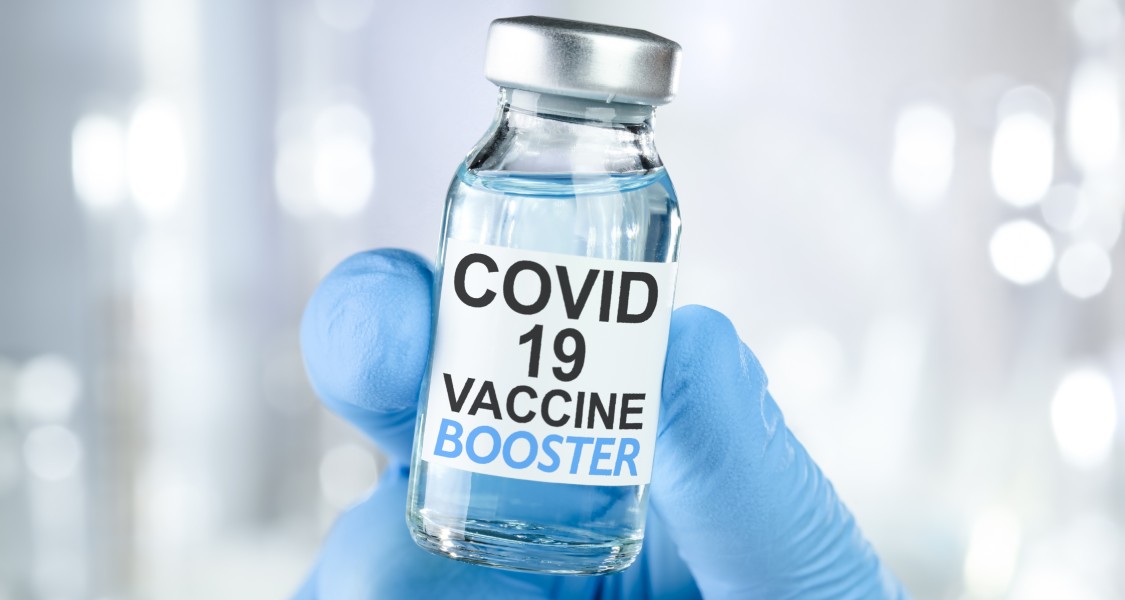 x
x
In a significant development, the United States Centers for Disease Control and Prevention (CDC) has revised its COVID-19 vaccine guidelines. Everyone six months and older is advised to get an additional booster shot. This announcement follows the Food and Drug Administration's (FDA) authorization of new mRNA vaccines targeting a specific COVID-19 variant. In this blog post, we will explore the impact of these new recommendations, the scientific data supporting them, and what they mean for the public.
The New Directive
The new booster shots, mainly aimed at addressing a specific variant, come when the U.S. witnesses increased COVID-19 hospitalizations. After careful review, the agency's vaccine committee recommended nearly universal vaccination for everyone six months or older as the best action against a future infection surge. This recommendation received prompt endorsement from the top official of the CDC.
Shifting Sands of Variants
Although the vaccines were initially developed to counter one specific variant, new dominant variants have emerged in communities. This raises questions about the efficacy of the newly approved vaccines against these new strains. However, recent vaccine manufacturer data has shown good antibody responses to these new variants, although some of this data is based on animal studies.
Concerns and Debates
Despite the near-unanimous decision, several issues have been highlighted by the committee members:
Target Variant: Although the vaccines aim to neutralize a variant that is no longer dominant, recent data suggest that these vaccines can be effective against newer strains.
Universal vs. Targeted Vaccination: The panel deliberated whether to recommend the booster for everyone or only for high-risk groups. The observed disease burden across all age groups led to the recommendation for universal vaccination.
Lack of Data for Certain Groups: One dissenting vote was cast based on concerns about insufficient data on vaccinating younger children and called for a more cautious approach.
Equity in Access: Without a universal recommendation, it was warned that existing inequities in vaccine access would persist, especially for those without access to healthcare.
Financial Considerations
Notably, the new vaccines will be sold on the commercial market, with prices ranging from $120 to $130 per dose, which will depart from government-provided vaccines. Insurers are expected to cover these costs, while specific programs aim to assist those without adequate insurance coverage.
Conclusion
The latest shift in the COVID-19 vaccine guidelines is a significant milestone with widespread implications. Although the decision enjoyed broad support, it was not without its controversies and debates, particularly surrounding its universal application and adaptability to the changing landscape of COVID-19 variants.
The new recommendation offers comprehensive protection whether you are considered high-risk or not. As always, consulting healthcare professionals for advice tailored to individual health needs is advised.
ns 172.69.59.128da2


















